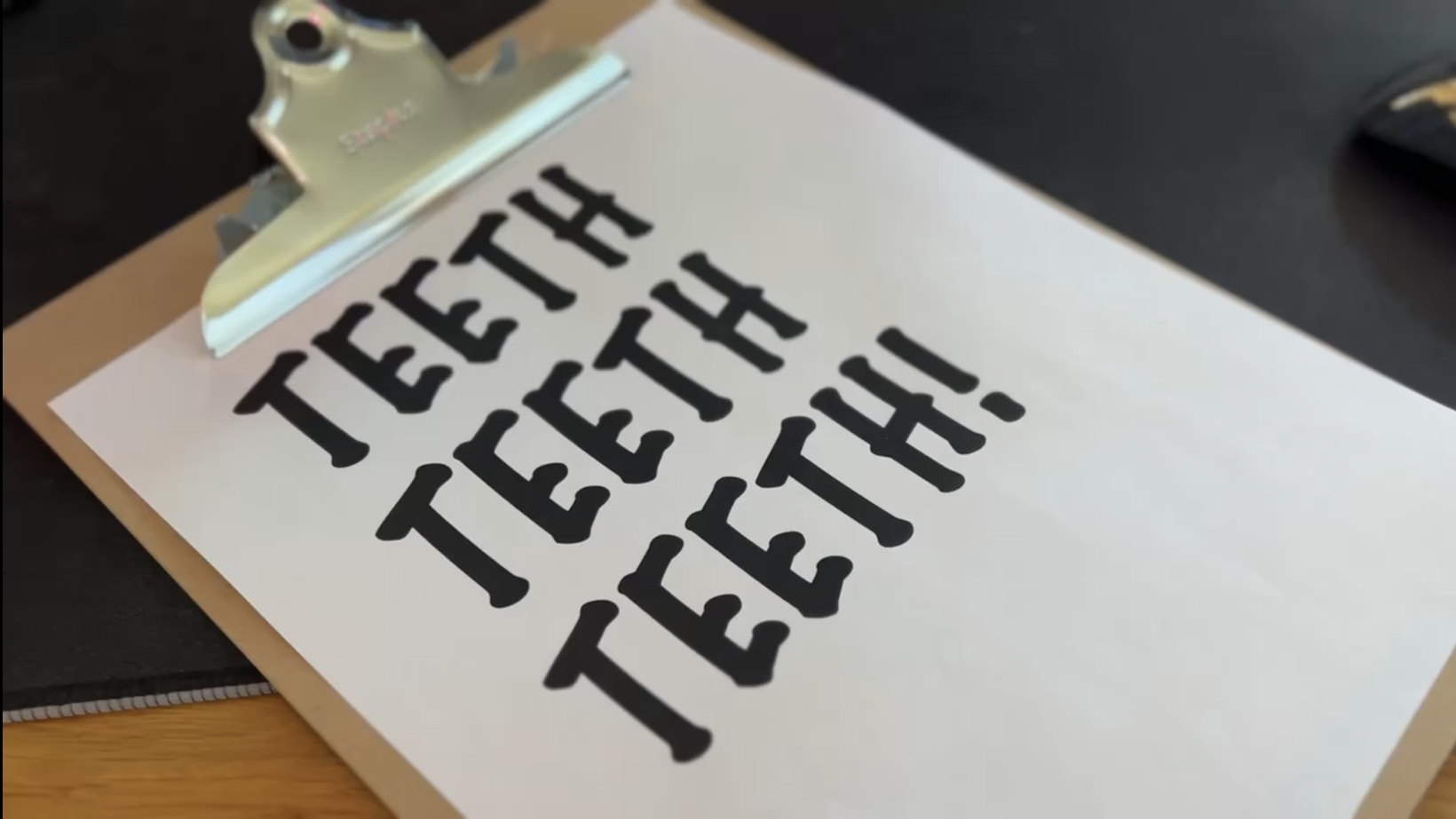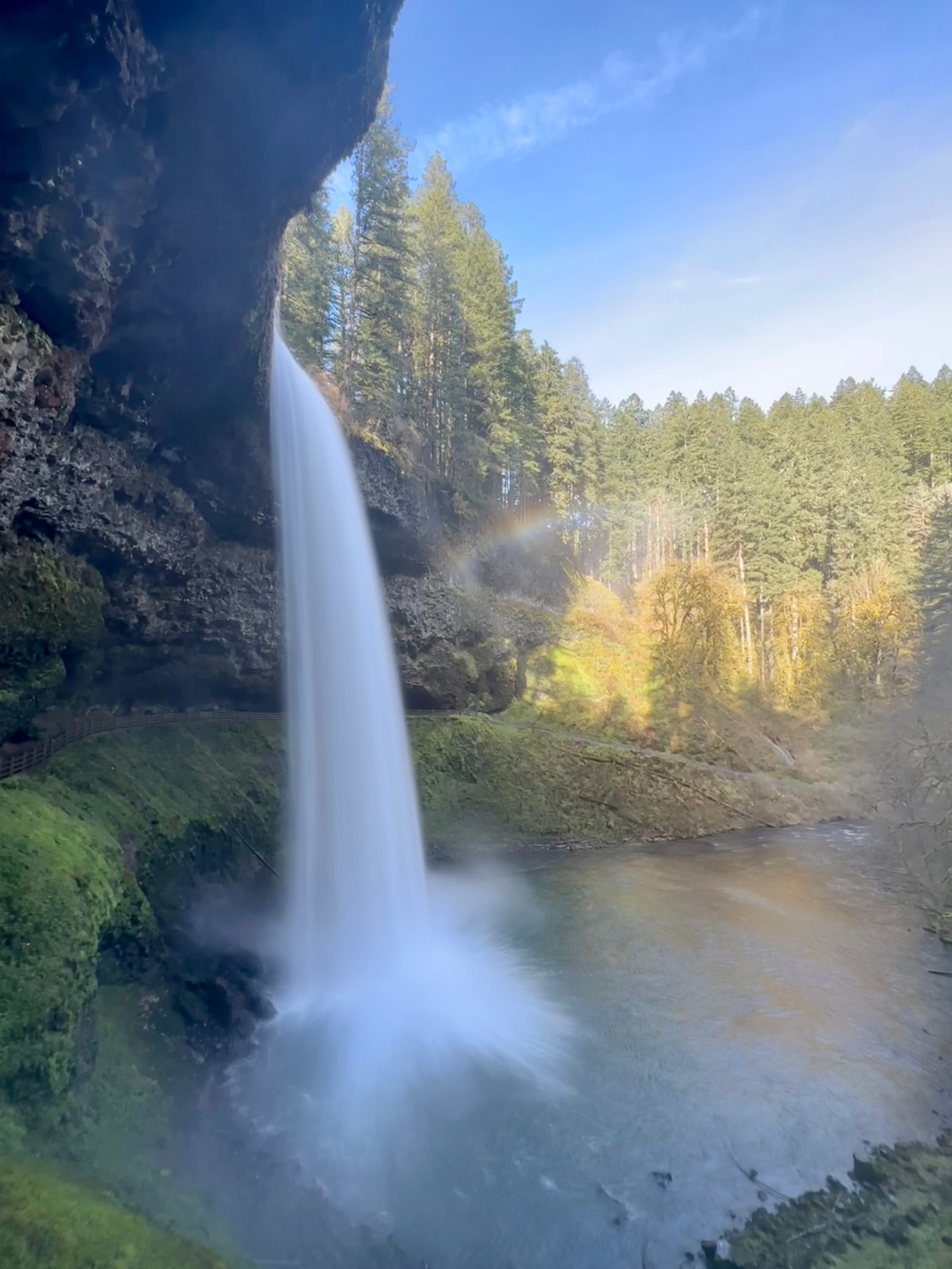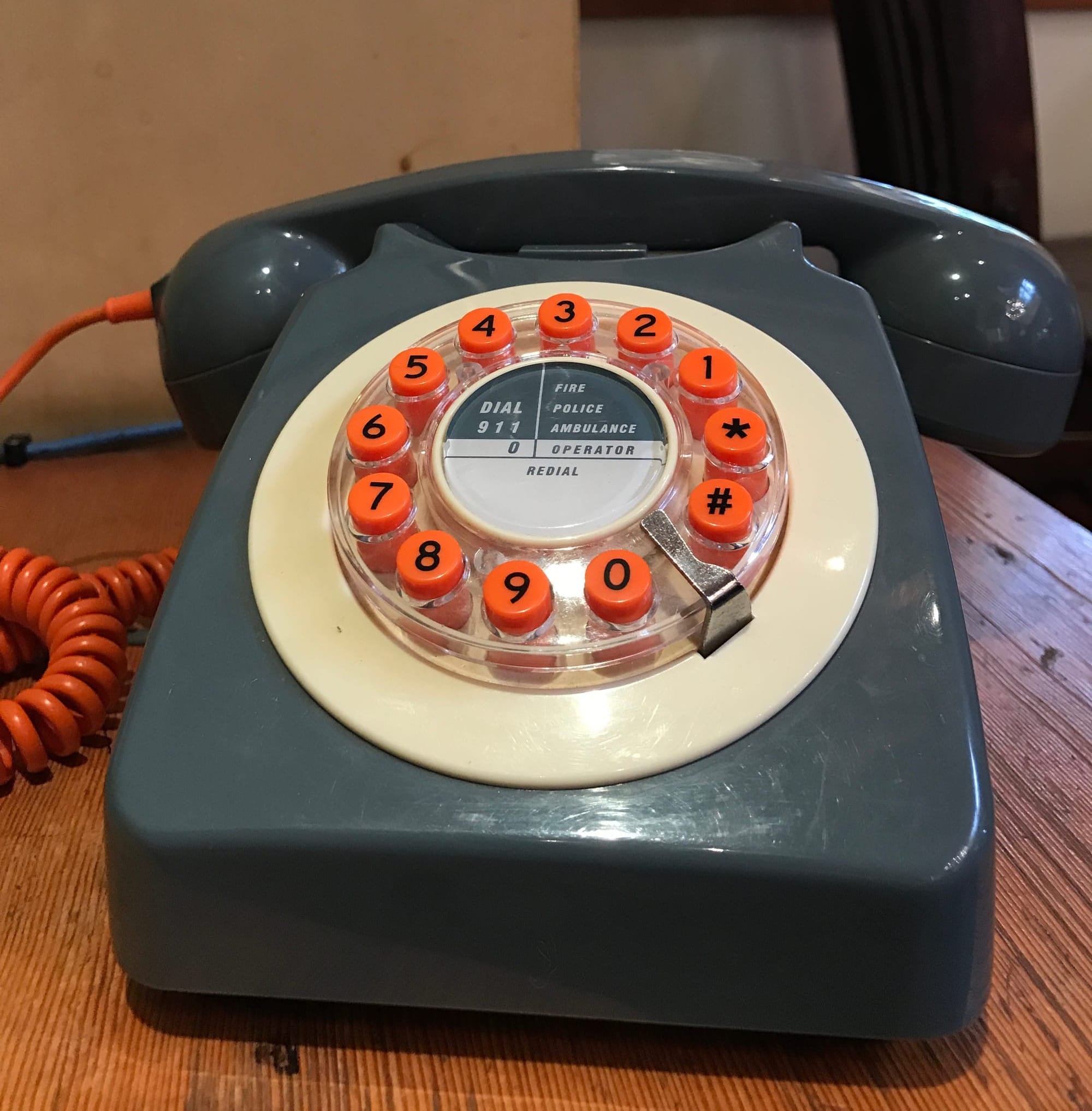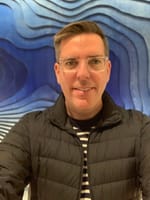Surviving the dentist

I grew up with parents that owned their own struggling small business. Throughout my childhood, we had pretty much zero healthcare until I got to college.
I went to the same doctor from birth to high school but only saw him once every 2-3 years when I was super sick and I remember my dad always paid the guy in cash. My relationship with dentists is even stranger. My first dentist visit was when I was in 4th grade. I had 7 cavities that required filling immediately during one marathon session that seemed to last all day.
At the time, novocaine did nothing for me, which flummoxed the dentist. They kept giving me shots, like half a dozen all over my mouth over a course of hours but I still felt every drill bit grind into my skull.
It was a horrific experience.
The second time I went to the dentist, I was in 10th grade. I had four more cavities which isn't too bad considering all the years of neglect, but it was another one-and-done session.
As an adult, one day I broke one of my molars that was almost entirely old filler from one of old deep cavities. I went to a dentist for the third time in my life at the age of 25 to get that tooth crowned. Thankfully, as a full-time web designer I had dental coverage, and could start going to the dentist regularly after.
Whenever I moved to a new town, I usually asked friends for referrals to the nicer dentists they knew and though I still hated every visit, going 3-4 times a year for several years was enough to make up for nearly 25 years of rarely getting cleanings.

Grappling with anxiety
Given my upbringing, all my life I had trouble going to doctors and dentists and my anxiety started to get pretty bad when I got into my 30s as I dreaded every visit for weeks before they happened.
Around that time, my friend Michael Sippey mentioned that he also had dental anxiety. I always think of Sippey as an older, more successful, wiser friend that's like a mentor to me. At some point he admitted his anxiety was so bad that a visit to a dentist required calming meds, getting driven to and from the dentist, and using nitrous in the chair at a place that specialized in "sedation dentistry".
I have a pattern in my life where when things get uncomfortable, my brain immediately concludes that I probably deserve that discomfort so I rarely seek help (until someone I look up to admits to something similar while presenting a solution).
Some people call this pattern: Catholicism.
Here's another example: I started going back to regular therapy only after I listened to a podcast with Kevin Love of the Cleveland Cavaliers, back in 2016. He talked about his constant, regular depression over the course of his life and how meds and therapy was key to helping get him through it. At the time, this was a revelation to me since he was on the NBA championship-winning team, he was making tens of millions of dollars a year, and he was one of the top ten players in the entire league. And somehow HE was sad?!
It was the first time (despite years of psychology courses and my own science degree) that I realized "wow, maybe 'sadness' actually is a chemical thing in your brain and not something that only happens when you're not successful enough or working hard enough to somehow beat it."

You better shop around
After moving to Oregon, I decided to try and find a dentist who could accommodate my needs. I found half a dozen dentists in town and called each office one by one.
I asked each receptionist if the dentist was good with nervous patients, and if they offered things like nitrous oxide for visits, since I heard it really helped people calm down in the chair.
The funny part was almost every office got immediately defensive. No, they didn't do things like give patients nitrous oxide and why on earth would I even need it, they said. Each call made me feel awful for even asking, and right before I was going to give up, I called the last number on my list and the office said sure, they do it all the time and it's no big deal and they'd be happy to see me.
Years later, I've learned that dentists get certified through classes and must maintain that certification in order to dispense nitrous—and also this is likely the most important bit—the dentist trained in it must be on premises while it is in use, and a lot of dentists prefer to work part-time and leave cleanings to hygienists when they're out of the office.

What is nitrous oxide like at a dentist?
When I finally found my dentist, they agreed that I needed something to relax and help endure the pain and suggested nitrous oxide as a solution. Later on, the staff would tell me they could tell it was necessary because each time I started breathing it in, my face muscles would relax and they could tell visually when I was ready to start a cleaning, or X-rays, or any fillings.
It's a strange experience, and I hadn't ever really touched drugs when I first tried this at the dentist. They put a tube over your nose and they give you fresh oxygen to breathe for a bit until they turn on the other gas slowly and it smells slightly off at first, and then it starts to hit you in your chest.
It's like a paralysis that starts from the center of your body and it's not off-putting, more like a sudden wave of deep relaxation that starts in your bones and works its way outwards.
Once it kicks in, you don't feel like you were put under, as you're mostly aware of everything happening, it's just you have a new healthy detachment with whatever is going on inside your mouth. I had headphones and music cranking and was enjoying my jams while what sounded like loud construction was going on down the hall, in someone else's mouth that was no longer attached to mine.
I'll never forget that first visit, because the hygienist kept checking on me every 5-10 minutes to see if the nitrous levels were effective. After about 20 minutes of relaxing in the chair, breathing in nitrous oxide for the first time, feeling heavily sedated, she asked me how I was feeling?
I took off my headphones and said "You know, The Black Keys don't get nearly enough credit for bringing a bluesy sound to indie rock in the mid-2000s"
She replied "it sounds like you've gotten the perfect amount."
Subscribe to our newsletter.
Be the first to know - subscribe today

